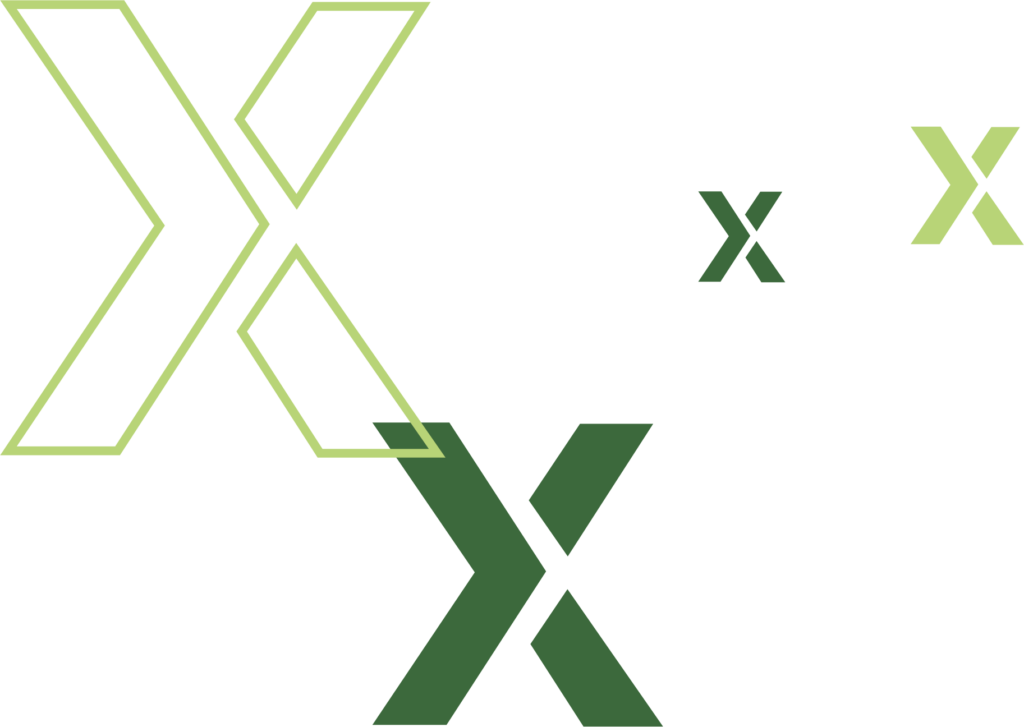FAQs


Frequently Asked Questions
TPA stands for Third Party Administrator. With most small to mid-size companies, the Plan Sponsor will typically hold the official title of “Plan Administrator” and outsource most of the responsibilities of being the Administrator to a ministerial third party.
A TPA provides the basic compliance and administration services necessary for your retirement plan to maintain its qualified status. These services include plan design, plan documents, plan amendments, annual compliance testing, annual return Form 5500, etc. All of these services are required when maintaining a qualified plan such as a 401(k) or Profit Sharing plan.
Please call or send us an email if you would like to receive a quote for a retirement plan prospect. Please be prepared to provide us with the following information:
- Name of Company
- Number of Total Participants
- Estimated Total Assets
- Estimated Annual Flow
- Current Investment Provider
- Any unique Plan Design Features (Safe Harbor, Cross-Tested, Brokerage Accounts, etc.)
Your prospective will have the following documents on file that will be essential to your analysis.
- Plan Document
- Previous Years Compliance Report (Nondiscrimination Testing)
- Previous Years 5500
- Previous Years Plan Valuation (Trust) Report
- Investment Provider Contract
- A complete employee Census in Excel for every employee who worked 1 hour including: Name,
- DOB, DOH, Compensation, Job Class
Yes, we are available to assist you in your client and/or prospect meeting concerning retirement plan matters. We help Plan Sponsors understand what their current needs and goals for their company retirement plan then provide practical solutions that can help with those specific needs and goals.
Maxus is a fee for service firm that focuses on bringing value to our client and advisor relationships. This means our fees are not based on plan assets, rather we use total participant count, plan design, and investment structure as our primary filters in determining price.
Further, we provide full disclosure of any revenue sharing we may receive from the investment provider in connection with your plan which will be used to offset your future base administration costs. For a plan specific quote, please contact a Maxus Plan Solutions sales representative.
No, Maxus is a non-producing TPA. This means we do not provide competing investment advisory services; and we do not sell investments or insurance of any type and are not licensed to do so.
If a plan is determined to be top heavy there can be severe consequences. If the Key Employees in the plan hold more than 60% of the plan assets, the plan is top heavy and one potential corrective measure is the employer will be required to make a 3% contribution to all eligible employees.
Every Plan Sponsor should not only be fully aware of what their plan’s top heavy testing percentage is, but also know what factors could influence this number in a dramatic and unexpected way.
You have hired Maxus to perform the required compliance and administration for your company’s retirement plan. In order for Maxus to provide these services, we need certain data that we can only get directly from you.
This data includes your company census information and verification of general business and plan information. Without this information, we are unable to perform the services you have hired and already paid us to do; and, in addition, your plan risks becoming noncompliant with government regulations.
No. It is possible to exclude employees through a variety of means. The most common is simply to have eligibility provisions that require employees to attain a certain age and length of service before they are able to enroll. There are also certain classes of employees you are allowed to exclude by law (e.g. union). In certain circumstances, you can exclude classes of employees of your choosing providing all nondiscrimination requirements are met.
The maximum amount that can be contributed to a Defined Contribution plan is $58,000, or $64,500 or if you are eligible for the $6,500 catch-up contribution limit (must have reached age 50).
This includes all contributions from all sources including 401(k) deferrals and any Employer contributions such as match or profit sharing. The maximum benefit that can be funded for a Defined Benefit plan for 2021 is $230,000.
In order for the contributions in your retirement plan to be made on a tax-favorable basis, the government has established qualifications your plan must comply with each year in order to maintain this tax-favored status.
So, all of the paperwork that you have to deal with related to your retirement plan is a part of the necessary and required activity of maintaining your tax-qualified status. Failure to do any of these activities can result in significant penalties or (worst case) disqualification of the plan.
The DOL expects the deposits to be made “as soon as they can be reasonably segregated from the employer’s general assets.” There are new proposed regulations that would provide a safe harbor if the contributions are deposited no later than the 7th business day following the withholding.
Click here to be taken to the Department of Labor’s website for a summary of the proposed regulations.
So there should be a deposit made after each payroll where employee 401(k) deferrals are withheld.
A Highly Compensated Employee is someone is meets any of the following criteria:
- Owns more than 5% of the company
- A family member of the 5% owner (spouse, child, parent)
- Earns more than $130,000 for 2021

